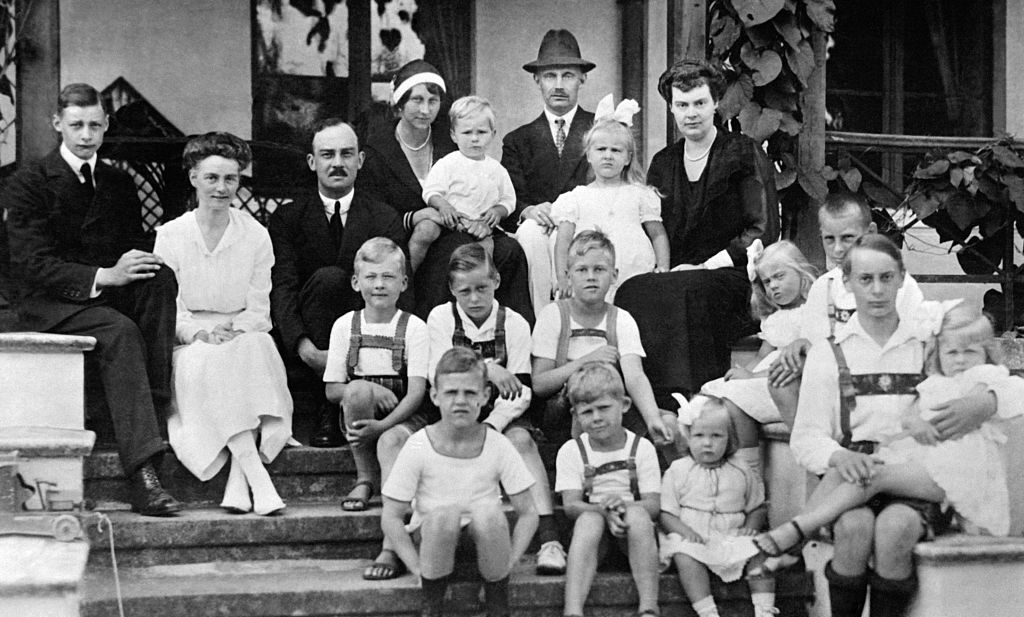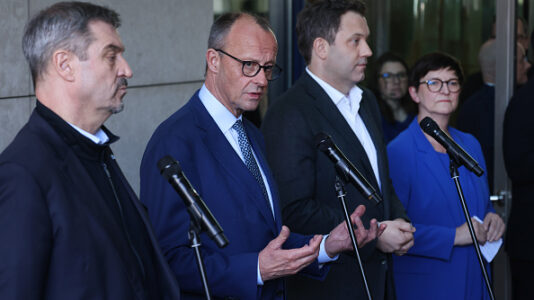Some Poles are suspicious of German political influence in Poland, and some actually think Germany may one day move to seize back territory it lost during the Second World War. At least, that is a fear some harbor.
Naturally, when a museum is closed down for renovation in western Poland, has its name changed, and is then renamed the Museum of Upper Prussia, it is going to raise some hackles amongst certain Poles.
Dr. Paweł Warot, historian and PiS councilor of the Warmia-Masuria regional assembly, gave an interview to DoRzeczy.pl, slamming the move and saying “it was a gift to the Germans.”
The museum, formerly known as the Herder Museum in Morąg, was renovated with Polish taxpayer money over the course of three years. It was then opened renamed the Museum of Upper Prussia.
Prussia, of course, was associated with Germany and is typically known as the area of modern Poland that was heavily settled and influenced by the Germans. This ethnic group was almost all entirely expelled at the end of the Second World War by the advancing Red Army and resettled by Poles. Millions of Germans left their homes and ran for their lives.
“I will say honestly that I am also very surprised. I think it is very dangerous. The museum, previously known as the Herder Museum in Morąg, was renovated with Polish money. The renovation took three years. And here we have, one could say, a kind of gift for the Germans,” said Dr. Warot.
“I asked why we refer to the name ‘Prussia,’ which, let me remind you, was removed from the map and erased from the international space by the decision of the victorious powers after World War II in 1947. For Poles, the name ‘Prussia’ is associated with the worst: partitions, loss of independence, Germanization, denationalization of Poles, the policy of German militarism and the crimes of the Third Reich, responsible for the deaths of tens of millions of people, including six million Polish citizens,” he continued.
He went on to say that the word “Prussia” is even associated with great caution within Germany today. Dr. Warot then alluded that the idea behind the musum may be some kind of favor to the Germans, saying he spoke to the marshal about a “debt” to the Germans, as they had financed the left-wing Civic Platform in Kortowo in Olsztyn.
Dr. Warot then talked of the history of the area, saying that it was also heavily Polish.
“The collections concern primarily the German presence in these areas. And yet we know that these were ethnically mixed areas, where Poles lived especially in the south,” he said.
He also thiniks that Poland should only promote the elements of Prussia that featured Poles.
“These are all elements of Polish culture, present in these areas for centuries. And when the partitions came, the Prussians, and later the united Germany, intensively Germanized this area, destroying Polishness. So why should we fund a museum for the Germans today, and with Polish money at that? Our task should be to support everything that testifies to the Polishness of former Prussia. We should also show how the Germans tried to Germanize these areas,” he said.
The PIS politician now wants a change of course.
“I believe this is a huge mistake and an unacceptable action. The currently ruling Civic Platform is showing more and more clearly that it is pursuing external interests, mainly German ones. We have a lot of evidence for this.”






